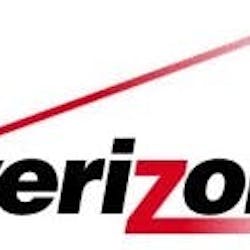In a 3-2 party-line vote, the FCC has passed Chairman Ajit Pai's "Restoring Internet Freedom" order, overturning the Obama-era Open Internet Order passed under the FCC's then-Chairman Tom Wheeler in 2015.
The 2015 order, dubbed "Net Neutrality" by its supporters, was widely unpopular among the service provider community largely because it imposed a utility-style common carrier regulatory regime under the auspices of Title II of the Communications Act of 1934. Then-Commissioner Pai opposed the 2015 order, which also passed on a 3-2 party-line vote, and issued a notice of proposed rulemaking (NPRM) this May to undo the order and return to the "light touch" regulatory framework that existed prior to 2015.
Features of today's Declaratory Ruling and Report and Order include:
- Restores the classification of broadband Internet access service as an "information service" under Title I of the Communications Act - the classification affirmed by the Supreme Court in the 2005 Brand X case.
- Reinstates the classification of mobile broadband Internet access service as a private mobile service.
- Finds that the regulatory uncertainty created by Title II regulation has reduced Internet service provider (ISP) investment in networks, as well as hampered innovation, particularly among small ISPs serving rural consumers.
- Finds that public policy, in addition to legal analysis, supports the information service classification, because it is more likely to encourage broadband investment and innovation, thereby furthering the goal of closing the digital divide and benefitting the entire Internet ecosystem.
- Restores broadband consumer protection authority to the Federal Trade Commission (FTC), enabling it to provide uniform online protections against unfair, deceptive and anticompetitive practices.
- Requires that ISPs disclose information about their practices to consumers, entrepreneurs and the Commission, including any blocking, throttling, paid prioritization or affiliated prioritization.
- Finds that transparency, combined with market forces as well as antitrust and consumer protection laws, achieve benefits comparable to those of the 2015 "bright line" rules at lower cost.
- Eliminates the vague and expansive Internet Conduct Standard, under which the FCC could micromanage innovative business models.
The item takes effect upon approval by the Office of Management and Budget of the new transparency rule that requires the collection of additional information from industry.





